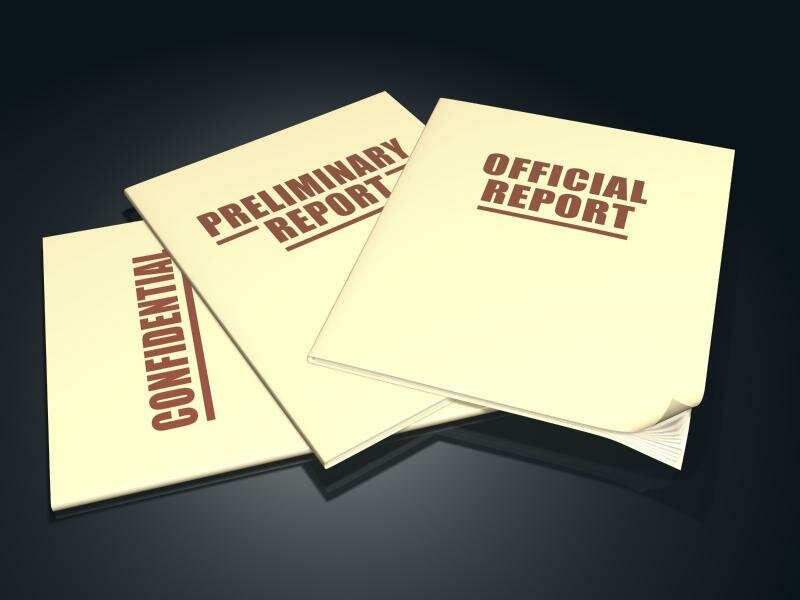

One of the issues my Ombudsman colleagues and I talk about in cyberspace - or when we get together to compare notes, a rather common practice in my field - is whether to publish our investigation reports, and if so, when and how.
It’s not an easy decision. To be effective we have to protect the privacy of the individuals we deal with. Nobody would come to us with their issues or act as witnesses if they thought that their names, circumstances or other identifying materials were going to end up in the public domain.
At the same time, the transparency of our work is important. We owe it to the public we serve, in general, to let them know what we are doing. But transparency is not just a confidence builder for the public. It’s a way to avoid inappropriate practices such as improper influence or favouritism.
Practices such as open meetings, audits, financial disclosure statements, access to information are all hallmarks of transparency. 
That’s why we publish our policies and processes, and our operating standards.
Recently, I talked to colleagues to find out how they find the right balance between protection of privacy and transparency on the issue of making investigation results public.
Here’s what I found. Most don’t publish their investigation reports unless there is a compelling reason of public interest. Even then, they remove identifying information to protect individual privacy.
Typically an ombudsman only issues public reports after a government agency has failed or refused to implement their recommendations.
Austria does so in the above cases. By contrast, Alaska publishes all its reports. With a population of some 65,000, Bermuda’s Ombudsman has to balance the privacy concerns of a small population with her need to report investigations publicly.
These are just a few of the jurisdictions I’ve talked to, but each has their own rules.
Our early thinking is this. We are going to come up with some standards for what would qualify as a “compelling public interest,” then kick the tires and see if it holds up. We may also publish reports on systemic issues, in particular, if the responsible departments have not implemented our recommendations, in a reasonable way or time.
No final decisions have been made. We just want you to know that we take the issue of managing competing public interests – privacy and transparency – very seriously.